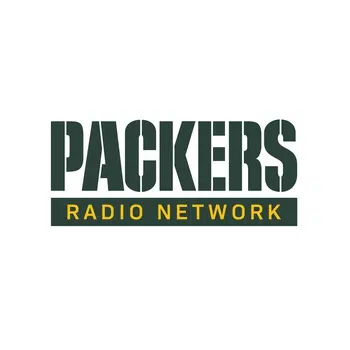By David Morgan
(Reuters) – When Donald Trump holds his next rally in North Carolina on Saturday, he’ll be trying to boost his handpicked favorite for the U.S. Senate, Representative Ted Budd, in a tight and intensifying contest for the Republican nomination.
Budd is locked in a dead heat with the state’s former governor, Pat McCrory, ahead of the May 17 primary, with former congressman Mark Walker in third place. The crowded field could force a July run-off, risking Republican chances of keeping the seat now held by retiring Senator Richard Burr.
Two weeks after Trump withdrew his endorsement from Senate hopeful Mo Brooks’ struggling Alabama campaign, the race illustrates the dangers facing the party’s bid to retake the Senate majority as it gets ready to battle Democrats for seats in seven competitive states, including North Carolina.
Trump surprised many Republicans last June when he endorsed Budd, 50, a rank-and-file member of the House of Representatives with little statewide name recognition.
Despite the endorsement and more than $8 million in advertising support so far from the Trump-aligned conservative group Club for Growth, Budd carried only 32% of Republican voters in a recent poll, barely topping the 30% threshold to avoid a run-off and well below the 50% mark that a separate poll forecast for a Trump-endorsed candidate. Other polls have shown Budd in the mid-20% range in a race with 14 declared Republican candidates.
“It goes to tell me, and tell the people of North Carolina, that maybe he’s not the right candidate,” said Walker, who has defied Trump’s efforts to persuade him to drop out.
“I believe that President Trump prematurely hitched his wagon to the wrong horse in this race,” he told Reuters in an interview.
Trump spokesperson Taylor Budowich said: “The rally is in support of Ted Budd and all President Trump’s endorsed candidates who will be propelled to victory due to the power of his endorsement and the support of the MAGA movement.”
DEMOCRATS DECIDED
Democrats have already consolidated behind their own presumptive nominee, former state Supreme Court Chief Justice Cheri Beasley. But political strategists from both parties say Trump’s upcoming rally could put Budd over the top, when coupled with an expected $10 million advertising barrage by the Budd campaign and outside supporters including Club for Growth.
“It’s not a flashy campaign,” said Budd adviser Jonathan Felts. “It’s slow and steady. But we’re winning consistently in the metrics that matter – grassroots, survey trends, and fundraising. We’ve gone from being declared ‘unelectable’ and down 40 points to right in the middle of things … we’re going to be where we need to be.”
Budd began airing his first television ad on March 23, a 30-second spot focusing on illegal immigration that promotes his Trump endorsement and shows him walking the U.S.-Mexico border with a pistol on his belt. His campaign expects to spend $2.5 million on ads in the run-up to the primary.
But not all of Trump’s endorsed candidates are winning. Another Trump-endorsed Senate Republican candidate, Kelly Tshibaka, has largely trailed Senator Lisa Murkowski in polling and fundraising in Alaska’s Republican primary race, though a mid-March survey showed her leading Murkowski 51-49%.
McCrory, 65, jumped to an early lead in North Carolina, after serving as governor, though he lost his 2016 reelection bid to Democratic Governor Roy Cooper. Political analysts also say McCrory faces skepticism from some primary voters who view him as not conservative enough, an assertion his campaign denies.
But the former governor has remained at the top, despite repeated Club for Growth attacks seeking to paint him as a closet liberal.
“The fact that McCrory is still at the front of the pack is a testament to just how difficult it’s going to be to beat him in this race. He is well known to Republican primary voters, most of whom have voted for him multiple times before,” his campaign adviser Jordan Shaw said.
A poll released March 28 by the conservative North Carolina Values Coalition shows a statistical dead heat, with Budd at 32% support, McCrory at 29% and Walker at 12% with a 4.4% margin of error. Twenty-five percent were undecided.
Budd leads in campaign fundraising with $2.2 million of cash on hand as of Dec. 31, the latest date for which Federal Election Commission data is available. McCrory had just under $2 million, with Walker at just over $570,000. The three campaigns declined to provide up-to-date figures.
Democrat Beasley had the biggest cash pile: $2.8 million.
If Budd were to win the Republican nomination, some Republicans say Trump’s endorsement could become a liability for him in a general election in a state Trump carried by only 1.3 percentage points in 2020.
Senator Thom Tillis won reelection in 2020 by 1.8% against Democrat Cal Cunningham, who had led the Republican incumbent until his candidacy was overtaken by news of an extramarital affair.
“No one understands exactly what a Trump endorsement will feel like in November 2022,” said Chris Cooper, a political science professor at Western Carolina University.
(Reporting by David Morgan in Washington, additional reporting by Alexandra Ulmer and Alyssa Pointer; Editing by Scott Malone and Alistair Bell)




